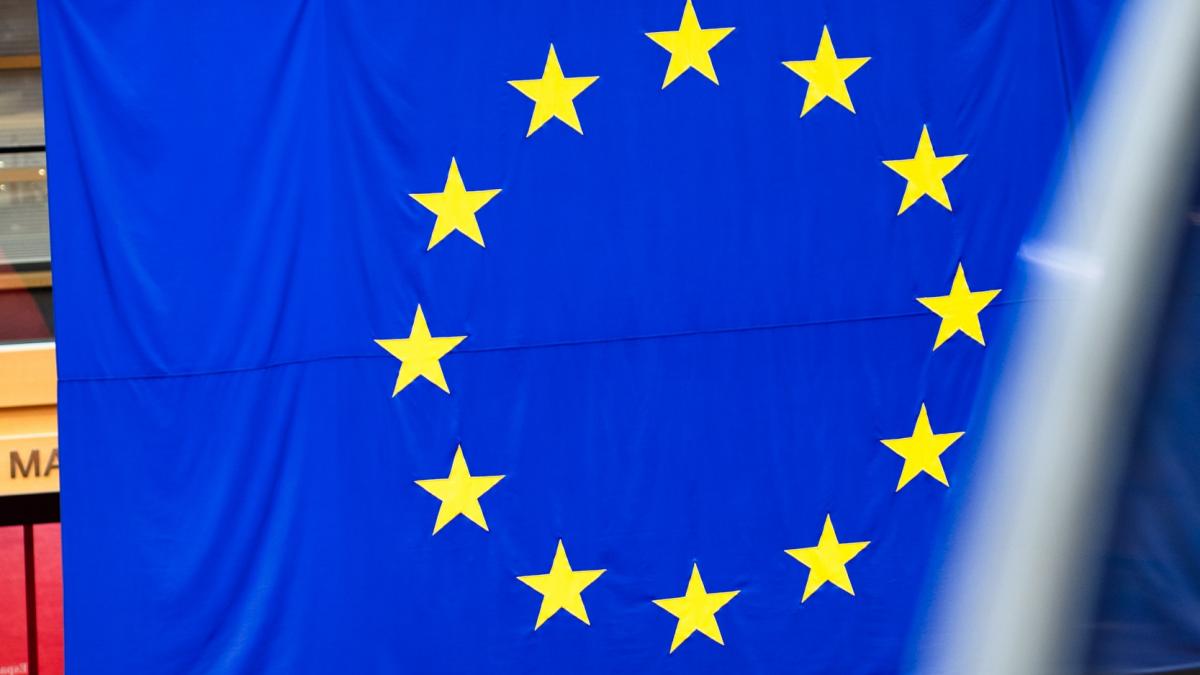Guntram Wolff is a Senior fellow at Bruegel. He is also a Professor of Public Policy and Economics at the Willy Brandt School of Public Policy. From 2022-2024, he was the Director and CEO of the German Council on Foreign Relations (DGAP) and from 2013-22 the director of Bruegel. Over his career, he has contributed to research on European political economy, climate policy, geoeconomics, macroeconomics and foreign affairs. His work was published in academic journals such as Nature, Science, Research Policy, Energy Policy, Climate Policy, Journal of European Public Policy, Journal of Banking and Finance. His co-authored book “The macroeconomics of decarbonization” is published in Cambridge University Press.
An experienced public adviser, he has been testifying twice a year since 2013 to the informal European finance ministers’ and central bank governors’ ECOFIN Council meeting on a large variety of topics. He also regularly testifies to the European Parliament, the Bundestag and speaks to corporate boards. In 2020, Business Insider ranked him one of the 28 most influential “power players” in Europe. From 2012-16, he was a member of the French prime minister’s Conseil d’Analyse Economique. In 2018, then IMF managing director Christine Lagarde appointed him to the external advisory group on surveillance to review the Fund’s priorities. In 2021, he was appointed member and co-director to the G20 High level independent panel on pandemic prevention, preparedness and response under the co-chairs Tharman Shanmugaratnam, Lawrence H. Summers and Ngozi Okonjo-Iweala. From 2013-22, he was an advisor to the Mastercard Centre for Inclusive Growth. He is a member of the Bulgarian Council of Economic Analysis, the European Council on Foreign Affairs and advisory board of Elcano.
Guntram joined Bruegel from the European Commission, where he worked on the macroeconomics of the euro area and the reform of euro area governance. Prior to joining the Commission, he worked in the research department at the Bundesbank, which he joined after completing his PhD in economics at the University of Bonn. He also worked as an external adviser to the International Monetary Fund. He is fluent in German, English, and French. His work is regularly published and cited in leading media.
